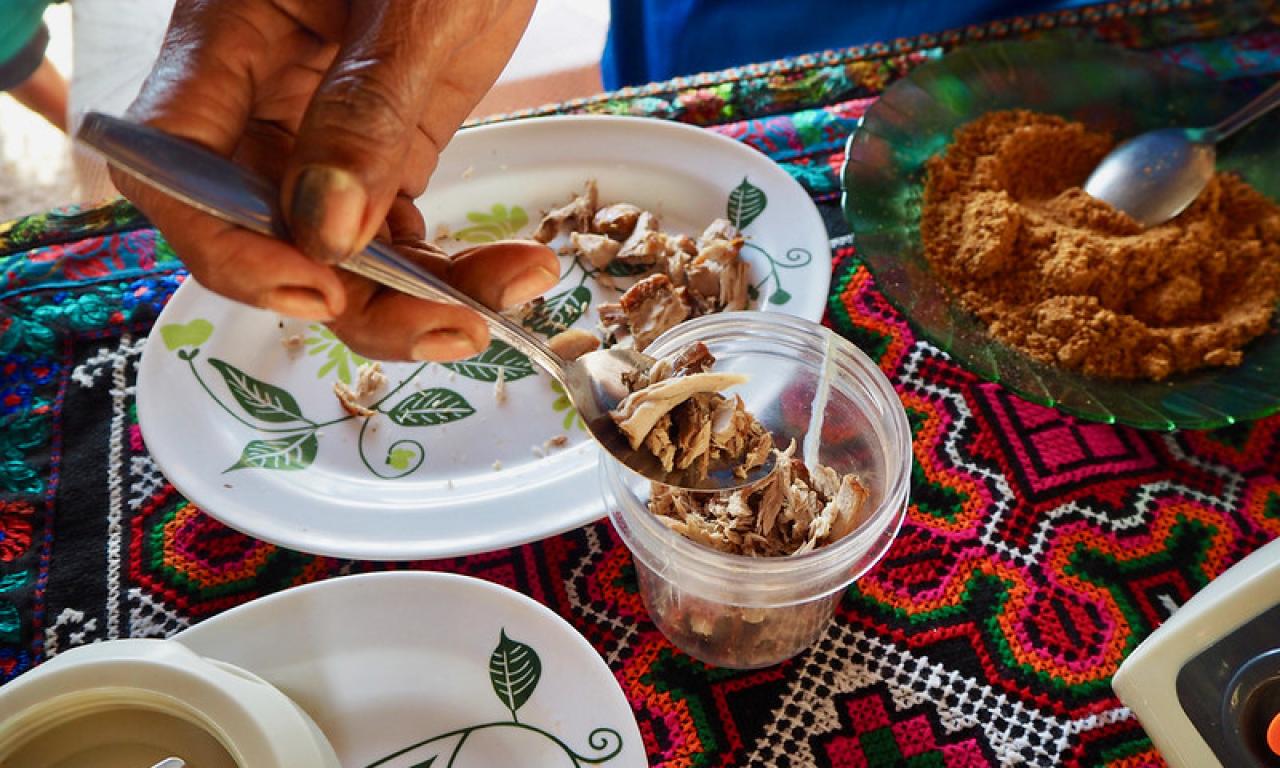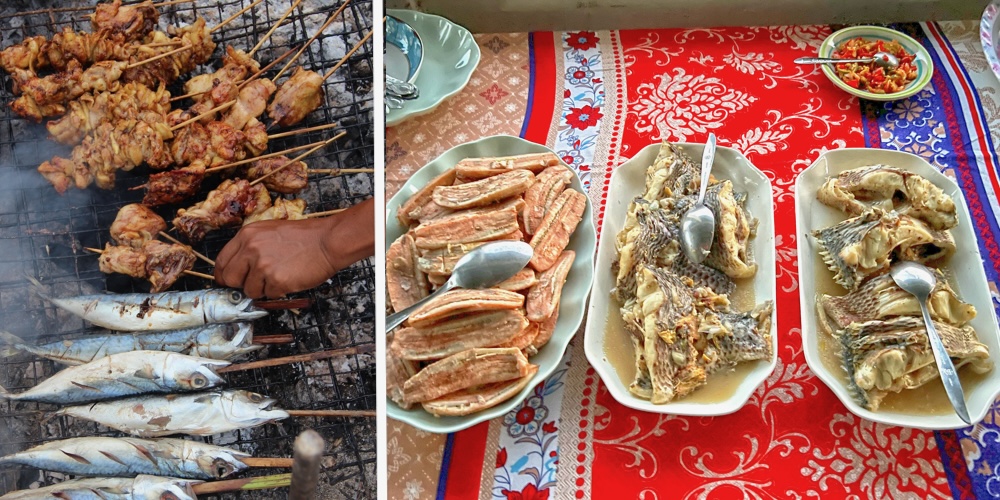
Our food choices are deeply connected to both our well-being and the sustainability of our planet’s resources. At the recent IIFET 2024 conference held here in Penang Malaysia, experts from around the globe gathered to discuss "Aquatic Food Systems in the Blue Economy,". These discussions highlighted the importance of resilient food systems, a concept closely linked to the preservation and integration of traditional diets into modern nutrition strategies.
As lifestyles modernize, there's a global shift away from traditional foods – those that have been the cornerstone of cultures and provided balanced nutrition for generations. This trend is not just a matter of changing tastes; it has profound implications for our health and nutritional security, particularly in regions like the Pacific, Asia, and Africa.
The Nutritional Impact of Losing Traditional Diets
Traditional diets in various parts of the world have been carefully honed to use locally available ingredients, providing essential nutrients adapted to the needs of the population. For instance, the traditional Pacific Island diets, rich in fish, root vegetables like taro, and fruits, are incredibly nutritious. However, as Western fast food gains popularity in these regions, there's a worrying rise in obesity and related health problems.
In Asia, countries like China and India, with their rich culinary histories, face similar challenges. The traditional Chinese diet, with its emphasis on vegetables, rice, and lean meats, is being overshadowed by fast food and processed snacks. Similarly, in India, the age-old balanced diet comprising lentils, vegetables, and grains is being replaced by more calorie-dense, processed foods, leading to an increase in diet-related diseases.

Integrating Tradition into Modern Nutritional Strategies for Optimal Health
The integration of traditional foods into contemporary public health nutrition strategies is more than a nod to cultural heritage, it's a practical approach to improving dietary health. Traditional dishes, inherently rich in locally-sourced, nutrient-dense ingredients, offer a roadmap to addressing current nutritional challenges. By promoting these foods, we can leverage their intrinsic health benefits while supporting sustainable food practices.
In Asia, countries like Japan and South Korea provide exemplary models of how traditional diets can be central to national health campaigns. The Japanese diet, characterized by its rich variety of seafood, fermented foods, and green tea, is renowned for its balance and nutritional diversity. This diet, linked to lower obesity rates and longer life expectancy, is not just a cultural emblem but a strategic tool in promoting public health. Similarly, in South Korea, the traditional diet with its emphasis on vegetables, lean meats, and fermented foods like kimchi, is being advocated in public health policies. These countries recognize that their traditional foods are not just part of their cultural identity but are vital in shaping healthier eating habits among their populations.
The effectiveness of traditional dishes as nutritional delivery vehicles lies in their composition and preparation methods. These dishes often use whole, unprocessed ingredients, which retain more nutrients compared to their processed counterparts. For instance, the use of whole grains in traditional African and Asian dishes provides a rich source of fiber, vitamins, and minerals. The cooking methods employed in these traditional cuisines also play a role in preserving the nutritional integrity of the food.
Traditional diets often encompass a wider variety of foods, contributing to a more diverse and balanced intake of nutrients. This diversity is crucial in a world where dietary monotony is increasingly linked to poor health outcomes. By encouraging the consumption of a wide range of traditional foods, we can ensure a more balanced intake of essential nutrients.
Balancing Modernity and Tradition
While modernization brings benefits like improved food preservation, it's essential to balance this with traditional wisdom. In the Pacific, there are efforts to revitalize traditional farming and fishing practices, integrating them with modern sustainable methods. This approach ensures that traditional foods remain a vital part of the diet, supporting both health and the environment.
Therefore, it is evident that the global shift in dietary preferences due to modernization presents significant risks to nutritional security and health, particularly in the Pacific, Asia, and Africa. However, it also offers an opportunity to reevaluate and reintegrate traditional foods into our diets. By doing so, we can enjoy the health benefits of traditional diets, coupled with the conveniences of modern life. As we navigate the changing landscape of food and nutrition, let's look back at our roots to find a path forward that honours our rich culinary heritage.
